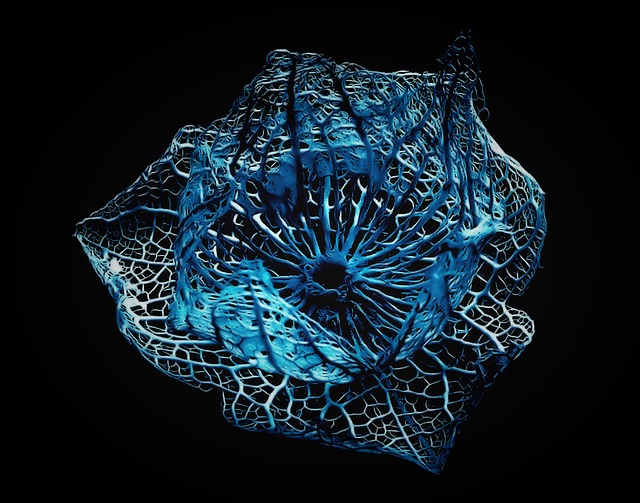‘Jumping genes’ drive many cancers
/‘Jumping genes’ drive many cancers
Mistakes in DNA are known to drive cancer growth. But a new study, from Washington University School of Medicine in St. Louis, heavily implicates a genetic phenomenon commonly known as “jumping genes” in the growth of tumors.
The study is published March 29 in the journal Nature Genetics.
Since jumping genes aren’t mutations — mistakes in the letters of the DNA sequence — they can’t be identified by traditional cancer genome sequencing. As such, this study opens up new lines of research for future cancer therapies that might target such genes.
Jumping genes, which scientists call transposable elements, are short sections of the DNA sequence that have been incorporated randomly into the genome over the long course of human evolution. The evolutionary histories of jumping genes are the subject of much current research, but viral infection is thought to play an important role in their origins.
Researchers led by Ting Wang, PhD, the Sanford C. and Karen P. Loewentheil Distinguished Professor of Medicine, have plumbed genomic databases, looking specifically for tumors whose jumping genes are driving cancer growth.








